This Early “American Idol” Favorite Just Called It a “Traumatic” Experience
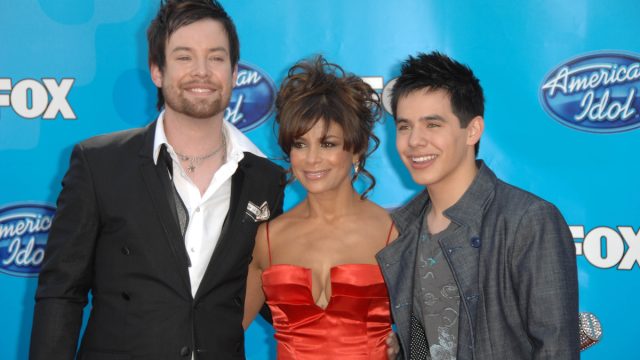
In May 2008, David Archuleta was runner-up on American Idol Season 7, coming in second to winner David Cook. It was a position that previously eliminated contestants would have loved to be in, but, as he explains in a new interview, Archuleta couldn’t wait for the show to be over. The singer was only 17 years old when he appeared on the hit series and was facing being a teenager, questions about his sexuality, and the pressure of being on one of the biggest shows on television. Now, in an interview with Variety, Archuleta says competing on American Idol was “traumatic” for him.
Archuleta, who is now 30, has clearly done a lot of reflecting about his time on the show in the years since, but he told Variety that he still doesn’t understand why people were so passionate about the show. He also talked about coming out as part of the LGBTQIA+ community and his current music career. Read on to find out what Archuleta had to say about his experience.
RELATED: Justin Guarini Lost American Idol Almost 20 Years Ago. See Him Now.
He didn’t want to continue with the series.
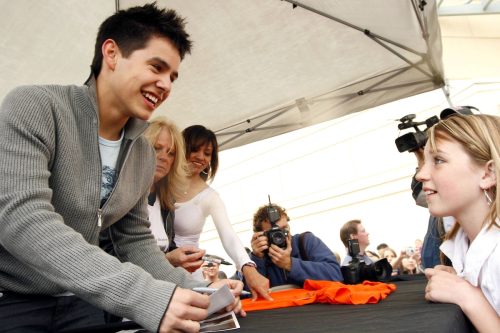
In the Variety interview, Archuleta explained that while he was getting praise from the judges and having fans scream for him, he was telling himself, “I don’t want to be here anymore.”
He explained, “I felt so disconnected from everything. Like, 13 years later, I’m piecing together what actually was going on. But it’s still a process because I still don’t understand why people were so into it. I think I was just in protection mode the whole time. If anything, I was putting a wall between me and everyone else.”
He says the show was “miserable” and “traumatic” for him.
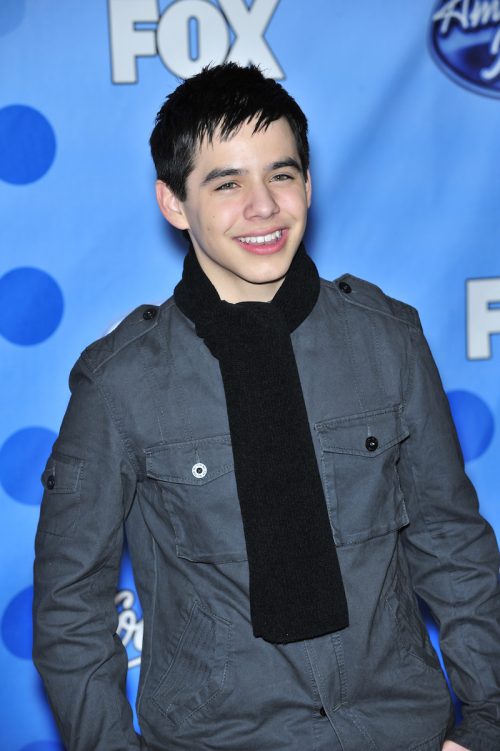
Archuleta used the words “miserable” and “traumatic” to describe his time on American Idol. He also said that he wasn’t the only contestant who felt the effects of the pressure and the strict environment of the show.
“I get afraid to blame things on American Idol, because something in me is programmed to say, ‘I have to be grateful, because where would I be without it?’” he told Variety. “But at the same time, I’ve talked to other American Idol contestants about how we all have trust issues. Like: ‘You can’t trust anyone anymore, not even your own family.’ That’s what we were told. It was like some weird grooming process, from the very first audition, the way that they were speaking to us, kind of like, ‘You’re powerless little bugs. If you step out of line, then you’re out of here, and you’re going to lose this once-in-a-lifetime opportunity.’”
Nigel Lythgoe, who was the executive producer of Idol at the time, told Variety in a statement, “I had a wonderful time working with David and was totally unaware of his grievances. I’m so sorry he has a bad recollection of his experiences on the show. He did so well in the competition, and his battle with David Cook provided an extremely exciting Finale.”
Archuleta felt he didn’t have time to learn about himself.
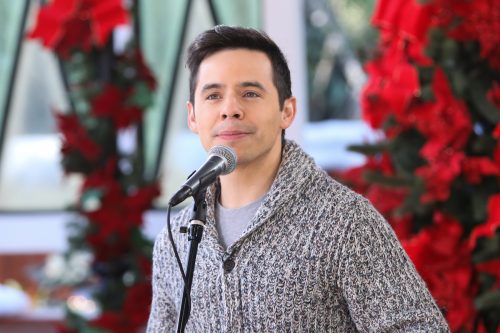
Archuleta was raised Mormon, was homeschooled for much of his childhood, and became famous when he was a teenager. He explained that, for these reasons, he didn’t have a lot of access to information or time to think about his sexuality—or to learn about himself in general. “My parents never talked to me about puberty,” he told Variety. “I didn’t know what wet dreams were. I didn’t know what arousals were. I didn’t know that hair was going to be growing in parts of my body. All that was foreign to me. I didn’t know. And so I was freaking out.”
Eventually, after some time spent making music post-Idol, he was able to go on a mission trip to Chile. He explained, “I need quiet and alone time, and from the moment American Idol auditions began when I was 16 to when I was 21, I never had that.”
For more celebrity news delivered right to your inbox, sign up for our daily newsletter.
He previously opened up about feeling a “kind of PTSD” from his early fame.
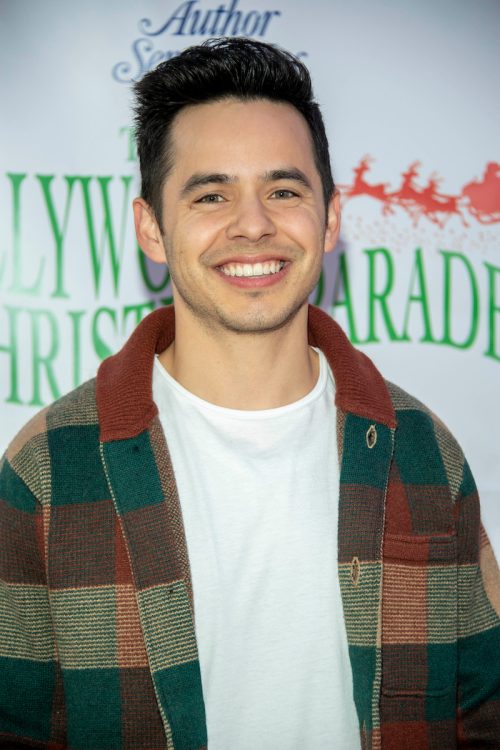
In an interview with Yahoo! in 2018, Archuleta said that he and fellow American Idol alumni connect over their experience on the show because it is so specific. “I think that there’s something about reality TV shows that’s a very interesting, unique experience, and it has its own kind of PTSD that comes with it,” he said.
Archuleta continued, “You’re basically a character on a TV show, and parts of it are worked so that it fits the TV show—but they’re using your personal life. So you become this character, but it’s with your own name, parts of who you actually are, but other parts that are portrayed in a way that you’re not actually.” He shared that seeing a therapist helped him through this.
Now, he feels a sense of relief.
In June, Archuleta posted on Instagram that while he had come out in his personal life as gay in 2014, he wanted to share publicly his experience with his sexuality, especially for others who feel conflicted about their sexuality because of their faith. “I’ve been open to myself and my close family for some years now that I am not sure about my own sexuality,” he wrote. “I came out in 2014 as gay to my family. But then I had similar feelings for both genders so maybe a spectrum of bisexual. Then I also have learned I don’t have too much sexual desires and urges as most people which works I guess because I have a commitment to save myself until marriage.”
In the interview with Variety, Archuleta, who is getting ready to go back on tour, said of being approached by other LGBTQIA+ Mormons, “I realized there’s so many of us, but they’re invisible. That’s when, OK, I see now why I was put where I am, and why I need to speak up.”
RELATED: This TV Star Left His Show After “Terrorizing the Set” Producer Says.